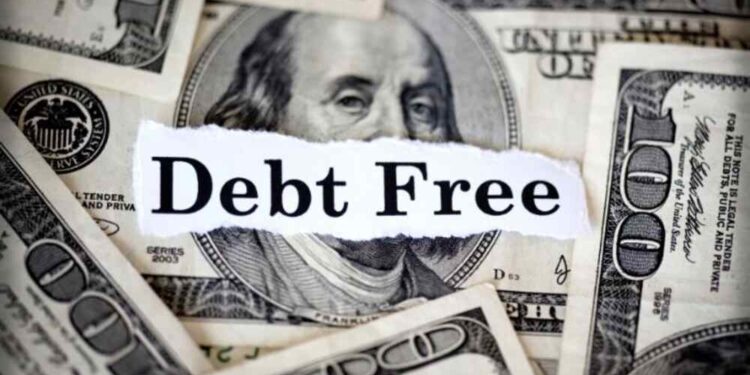Retirement is a time to relax and enjoy the rewards of years of hard work, but carrying significant debt into retirement can quickly derail those dreams. Whether it’s a mortgage, credit card balances, or personal loans, managing debt is a critical part of ensuring financial security in your golden years. You can minimize debt and maximize your retirement savings with careful planning and proactive strategies.
Why Managing Debt Before Retirement is Crucial
Living on a fixed income in retirement means your financial flexibility is limited. Debt payments can eat into your savings and reduce the money available for daily expenses, healthcare, and travel. Here are some reasons to address debt now:
- Reduced Income: Without a paycheck, covering debt payments becomes more challenging.
- Rising Interest Costs: High-interest debt, like credit cards, can snowball over time, eroding your savings.
- Peace of Mind: Entering retirement debt-free or with manageable debt allows for a stress-free lifestyle.
Common Types of Debt to Tackle Before Retirement
Understanding where your debt comes from is the first step to creating a plan to reduce it. The most common types of debt include:
- Mortgage Debt: Many retirees still carry a mortgage, but paying it down before retirement frees up significant monthly cash flow.
- Credit Card Debt: High interest rates make credit card debt one of the most harmful to retirement plans.
- Auto Loans: While car loans are common, financing vehicles late in life can drain resources better used elsewhere.
- Personal and Medical Loans: These debts can arise unexpectedly but should be prioritized for repayment.
Steps to Manage and Eliminate Debt
If you’re approaching retirement and want to reduce your debt, here are actionable steps to get started:
- Evaluate Your Debt Start by assessing all your current debts—mortgage, credit cards, personal loans, and any other liabilities. List them by balance, interest rate, and monthly payment to see the full picture.
- Create a Repayment Plan Focus on paying off high-interest debt first (the avalanche method) to save the most money over time. Alternatively, tackle smaller balances first (the snowball method) to build momentum.
- Consolidate High-Interest Debt Consider consolidating credit card debt with a personal loan or a balance transfer to secure a lower interest rate. This can make monthly payments more manageable and reduce the total interest paid.
- Pay Down Your Mortgage Early If possible, make extra payments toward your mortgage principal. Even small additional payments each month can significantly reduce the loan term and interest costs.
- Avoid Taking on New Debt While it may be tempting to upgrade a car or finance a big purchase, adding new debt as you approach retirement can strain your finances later.
- Build an Emergency Fund Having 3-6 months of expenses saved in an emergency fund can prevent you from relying on credit cards or loans when unexpected costs arise.
- Downsize or Refinance If your current mortgage is unaffordable or you have more home than you need, downsizing can free up cash to pay down debt. Refinancing to a lower interest rate is another option to reduce monthly payments.
The Role of Financial Advisors in Debt Management
Managing debt while planning for retirement can be complex. A financial advisor can help. Consider referring to TruNorth Advisors in Greenville, SC, in the news to grasp debt management for retirement better. Here are some steps you can take to begin managing your debt.
- Create a Budget: Track expenses and prioritize debt repayment while maintaining savings.
- Optimize Your Retirement Income: Advisors can help you plan how to use pensions, Social Security, and retirement savings to minimize debt stress.
- Assess Loan Repayment vs. Investing: In some cases, it may make sense to invest excess funds rather than paying off low-interest debt.
Benefits of Entering Retirement Debt-Free
While it may not always be possible to eliminate all debt, reducing it significantly before retirement has numerous benefits:
- Greater Financial Flexibility: More of your fixed income can go toward enjoying retirement, not paying creditors.
- Reduced Stress: Less debt means fewer financial worries during a time when health and happiness are priorities.
- Improved Legacy Planning: Being debt-free ensures you can leave a stronger financial legacy for loved ones.
Take Action Today for a Secure Tomorrow
Debt doesn’t have to define your retirement years. You can enter retirement with confidence and freedom by taking control of your finances today—evaluating your debts, creating a repayment plan, and seeking professional guidance. Start small, stay consistent, and prioritize your financial health for a comfortable, worry-free retirement.
If you’re ready to manage your debt and create a retirement plan that works for you, reach out to trusted financial professionals who can guide you every step of the way.
















